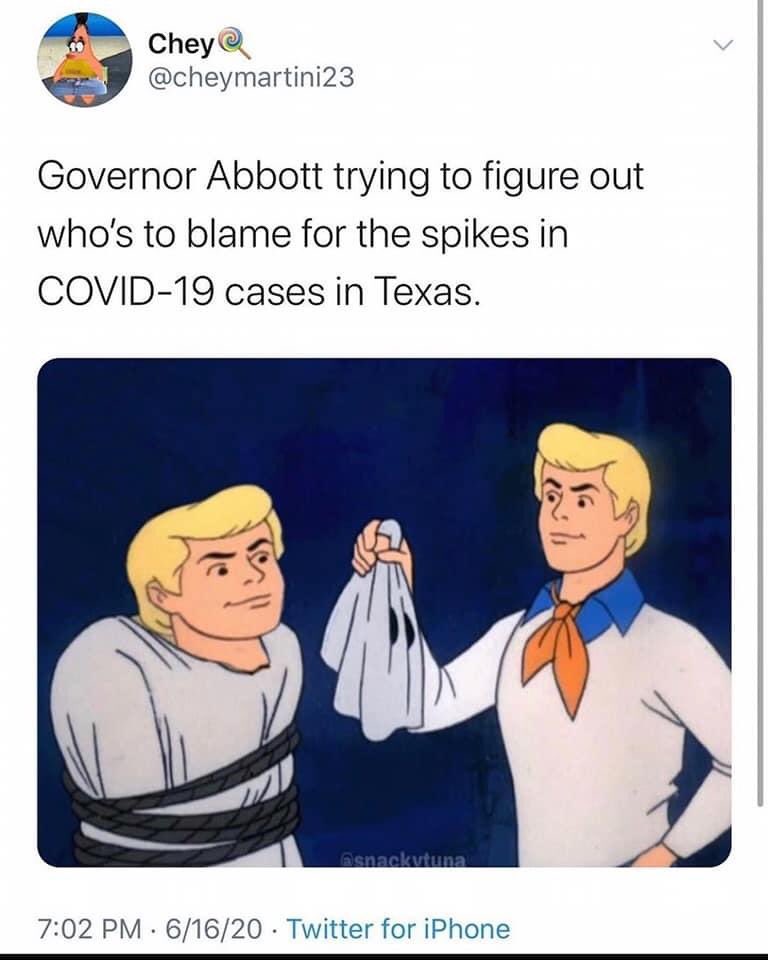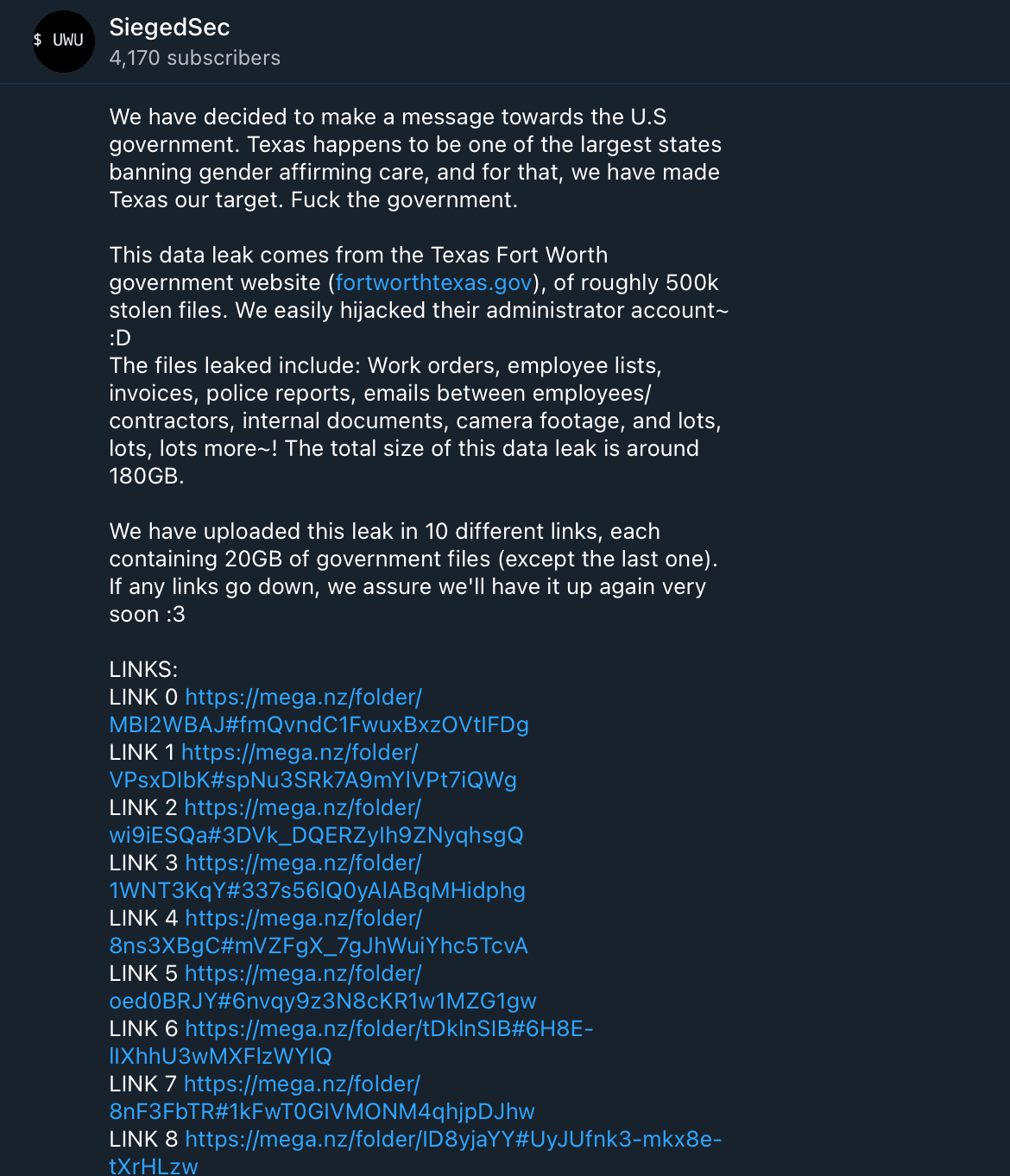Let’s start with the big plans that appointed HISD Superintendent Mike Miles is touting.

Houston ISD Superintendent Mike Miles unveiled a dramatically expanded plan for the district at a Thursday board meeting, announcing 150 schools will see “wholesale systemic reform” by 2030.
The scope of Miles’ plan is much larger than the one he shared at the beginning of the month, when Texas Education Commissioner Mike Morath appointed him and nine new school board members to lead HISD as part of sweeping sanctions against the district. Miles initially said he will begin with major changes to 28 campuses this upcoming school year, nearly all of which are located on the city’s largely lower-income northeast side.
Miles’ plans for the 150 schools, equal to slightly more than half of HISD’s campuses, largely mirror those outlined in recent weeks for the 28 campuses. They include significantly raising teacher pay, restructuring the responsibilities of teachers to give them more time to focus on classroom instruction, and standardizing lesson plans and curricula. The campuses would see additional staff dedicated to more routine tasks, such as making copies and grading papers.
Principals, meanwhile, would be expected to spend more time in classrooms coaching teachers. Miles compared principals to football coaches, saying coaches don’t show up to practice every few weeks, but rather they’re constantly on the field giving instruction.
Miles also said he wants to decrease the number of students in pre-kindergarten classrooms to 15, beginning with the 28 schools and HISD’s eight early childhood centers.
Many community leaders, union officials and HISD families have opposed Miles’ proposals to date, arguing his system will place an overemphasis on standardized testing and cause unnecessary instability in the district.
[…]
Miles did not specify which campuses would be included in the 150 campuses beyond the 28 schools already announced, and he didn’t give a specific timeline for bringing campuses into the fold.
Miles also did not detail how he would pay for higher salaries and new positions, which could total hundreds of millions of dollars annually. He said teachers in the schools seeing wholesale changes, labeled as part of his “New Education System,” or NES, could eventually see average salaries of $90,000. First-year teachers were slated to earn $61,500 last school year, while those with 15 years of experience were expected to make $70,000, according to HISD’s salary schedule.
The superintendent said HISD can significantly boost teacher pay “if we work much more efficiently,” though he didn’t outline where the district is inefficient.
However, Miles did confirm earlier this month that he’s planning to reallocate $106.7 million budgeted by former HISD Superintendent Millard House II to fund his “Destination 2035” plan, which includes reshaping the 28 NES campuses.
Miles said he will pay for the added costs of the NES by slashing $50 million in vendor contracts; trimming $30 million from the central office, primarily through job cuts; and eliminating $25 million worth of positions supported by federal pandemic relief funds, which are expected to run out in September 2024. He said well-performing schools will keep the resources they currently have.
“I hope you can see already that NES isn’t about taking away,” Miles said. “NES is about getting more, and then we’re going to do as many of the schools as we can.”
The appointed HISD Board of Managers approved the budget at their Thursday meeting, a budget that Miles acknowledged in the story was “similar to that of the previous administration”. The question I have, which I have asked before, is how is the funding for all this going to work? How will it be sustainable? You can only slash the administrative overhead so much. Where does the rest of this come from? And sure, I get it, Miles has just gotten his feet on the ground and all, but he himself has been talking about how urgent this all is – and he’s right about that, the students don’t get any of the time that is spent trying to fix things back – and how he needs to get things changed right away. Well, that means you need to tell us how you’re actually going to accomplish that plan right away, too. If you can, that is. If it turns out you’re inventing this all on the fly, we need to know that, too.
It would be one thing to point at an established record of success and say we’re gonna do that so trust us. But the record is mixed at best, and doesn’t do anything to alleviate my concerns.
Already, the manner in which Miles has begun his new position in Houston is drawing comparisons with his short-lived stint in Dallas. Within a week of being appointed to lead Houston ISD, the largest school district in Texas, Miles announced an overhaul of certain campuses and a new program that will pay teachers more to work with students struggling academically, steps that resemble his approach during his last superintendent gig.
But while his management methods laid the foundation for some future success in Dallas ISD, they also left behind various scandals, caused veteran educators to leave the district and ultimately didn’t result in significant academic gains.
[…]
Miles’ plan for Houston ISD is similar to a program he started in Dallas before he resigned with two years left on his contract. That program, which launched after Miles resigned, gave teachers huge pay bonuses if they boosted standardized test scores in some of the campuses with the biggest needs. Some low-rated campuses saw improvements as part of the program, but scores fell again once funding dried up and teachers left because they weren’t getting paid the same.
Other school districts across the state implemented the program after its early success in Dallas.
Miles also was the driving force behind revamping the school district’s teacher evaluation system, which was used to calculate teacher pay based on a mix of test results, student feedback and performance rather than experience. Miles plans to implement a similar teacher evaluation system in Houston.
Dallas still uses this evaluation system but questions over equity have arisen as most of these high-qualified teachers were not going to the schools that needed them the most.
Similarly, lawmakers passed the Teacher Incentive Allotment program in 2019, which rewards teachers with salaries of up to six figures based on their students’ performance. About 13,000 teachers, or about 4% of the state’s educators, are currently part of the program.
In Dallas, the program received support from the majority of the board, including Morath, and from then-Mayor Mike Rawlings. But many teachers warned that they would leave the district if they received pay raises only based on tests taken once a year. Miles called his system the most rigorous in the U.S. at the time.
David DeMatthews, an associate professor of educational leadership and policy at the University of Texas at Austin who has followed Miles’ career, said that while he believes testing is important, he hopes Miles doesn’t solely focus on getting standardized test scores up as it could lead to another exodus of teachers at a time when Texas schools are struggling to find and retain teachers.
In Texas, students’ STAAR test results are used to score schools on how well they are educating children. Critics of the test say it is not a great indicator of how well a child knows a subject and that its high-stakes nature adds undue pressure to both test-takers and teachers.
“It’s not an effective management tool to say that test scores are going to be the driver of reforms,” DeMatthews said. “Test scores don’t predict all that much about what happens to students in the future.”
[…]
Under Miles’ leadership, Dallas ISD consistently met the standards set by the state’s accountability system but failed to show any significant gains in standardized test scores. In some subject areas, test scores decreased and never really came close to reaching state averages. The number of schools that were in good standing with the state also dropped, while the number of failing schools increased.
The turnover rate for teachers increased from 12% to 22% during Miles’ first two school years at Dallas.
“Miles’ approach created a ton of controversy in Dallas ISD and it did lead to an increased rate of teacher turnover relative to the rest of the state,” DeMatthews said. “Hopefully, he learned his lesson in Dallas.”
I skipped the recounting of the scandals, most of which are fairly small and garden-variety but which still seem quite ironic given that the known dysfunction of earlier versions of the HISD Board of Trustees was a part of the justification for the takeover. You should go and read the rest of the story for a feel of it. People do dumb things and sometimes minor mistakes can be blown out of proportion, I get that. But if you’re being brought in as a savior, it’s fair to give those things some scrutiny, and to expect that you’ll be holding yourself to a higher standard.
The stuff that I focused on in that story is exactly what is giving me pause about Miles’ big plans now. Putting aside the financial concerns, I think anything that depends on teacher behavior needs to be viewed through a lens that considers how challenging the last few years have been for teachers and how many of them have just gotten out of the education business. Teachers obviously care about how much they’re paid and will respond to economic incentives in the same way that anyone else will. But they also care about being treated with respect and dignity, and I think a lot of the recent trend in teacher employment is more about that than it is about dollars and cents. Some of that is on Greg Abbott and the Lege, but a lot of it is on Miles and HISD. And in the end, if the incentive pay goes away, then so does the incentive, as we saw in Dallas. We still need to know what that long term plan to pay for all this will be.
The thing is, even with my doubts, I do think Miles has correctly identified the core problem.
All of which was an eerie echo of a HISD school board meeting held 12 years ago when several members of that board told parents that the state recognizing their schools as “recognized” or “exemplary” based on state – not national – student testing was essentially meaningless. School district leaderships have a problem when they crow over their A and B rated schools one day and then turn around and say that’s not the only mark of success, or maybe even a good one.
It was February 2011, in a stormy board meeting with upset parents arguing vainly against the district adding their schools to the Apollo 20 turnaround program. They feared the stigma, they didn’t want the changes it would bring, and they didn’t understand how it all could have been happened especially since the state had given them high ratings and told them it was so important that the students do well on the Texas standardized tests.
These parents and community leaders had supported the pizza parties, the pep rallies, the constant testing because there was a real goal to be achieved: top marks with the state when their children aced what was then the TAKS (Texas Assessment of Knowledge and Skills) test — whose scores were a major factor in whether the schools were awarded an excellence rating.
But as Miles did Thursday night and as then board members explained 12 years ago, the data from the NAEP (National Assessment of Educational Progress) known as “the nation’s report card” shows Texas students and HISD kids in particular significantly behind the norm, especially at certain schools and especially among Black and Hispanic students. Their positions are similar: The state-anointed labels don’t matter; too many of these kids weren’t doing well.
“The TAKS test means less than it ever did,” then-trustee Harvin Moore said at the time. “It does represent something. Unfortunately it represents less and less with each passing year. And we’re fooling our schools, we’re fooling our teachers and we’re fooling our public if we continue to focus solely on the TAKS test.”
“TAKS is not a competitive test. You’ve been misled and misdirected if you think being recognized is okay. Recognized is not okay. TAKS has no rigor,” former trustee Lawrence Marshall lectured the room. So the board voted to invest huge funds in Apollo 20, the brainchild of then Superintendent Terry Grier. Apollo 20 was not only was not successful but fostered resentment at many of the district’s other schools that were not getting those extra funds. Gains after a year were not as expected and those made were not sustained.
Now Miles wants to put his own system starting with these NES schools, a system that also takes money away from elsewhere in the district for its funding. And while he wasn’t as harsh as those trustees of 12 years ago, in a briefing after the meeting, he said the A and B ratings were just one marker and shouldn’t be the final word on whether students are doing well at a school.
The issue is bigger than state test scores at some schools. The NAEP data isn’t good, not nearly as good as it should be, and it’s not just because of a few schools. Some high-performing schools have significant populations of underperforming students, though it’s not clear how that might be addressed, either. Not enough HISD students go to college, and of those not enough graduate. We really do need to do a lot better by our students, all of our students. It would be great if Mike Miles can make that happen, or at least get us started on that path. I’m just not sure he has the plan for it. He still needs to convince me of that. Going into detail about what he intends to do would help.




















